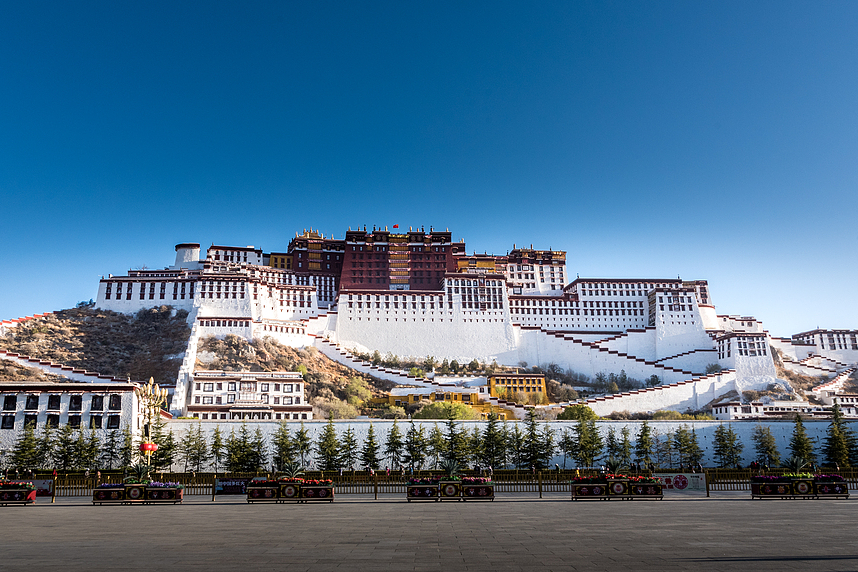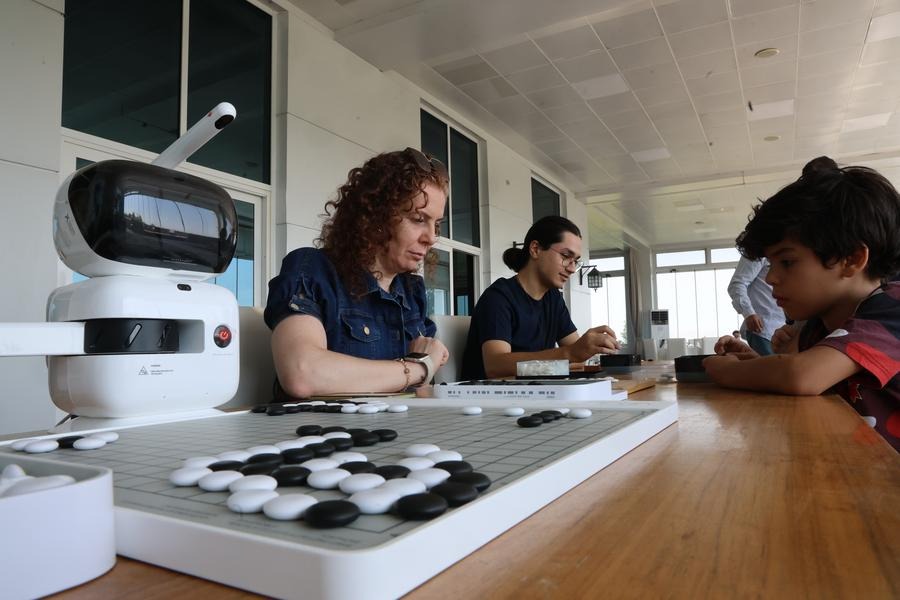Saudi envoy appointment 'significant', analysts say

Saudi Arabia's appointment of its first envoy to Palestine is seen as significant, amid widespread Western media reports that a United States-brokered, Israeli-Saudi deal to normalize their relations could be on the horizon.
However, the move also shows the lack of collective strategy among countries in the Middle East when it comes to engaging with Israel in a manner that would respect Palestinian rights, analysts said.
On Saturday, Saudi Arabia named Naif bin Bandar Al-Sudairi as its first ambassador to Palestine. Al-Sudairi will also serve as consul general in Jerusalem.
Palestinian Prime Minister Mohammed Ishtaye told a weekly cabinet meeting on Monday in the West Bank city of Ramallah that Riyadh's decision "carries important political connotations in confronting the Israeli occupation's measures against the Palestinians", Xinhua News Agency reported.
"The timing of Saudi Arabia's appointment of its first ambassador to Palestine and the appointment of its ambassador as consul general to deal with Palestinian affairs in Jerusalem is very significant," Haydar Oruc, former researcher at the Center for Middle Eastern Studies in Turkiye, said.
The fact that the Saudi appointment came after reports of possible Israeli-Saudi normalization of ties "led us to believe that this issue was discussed between Saudi Arabia and the US", said Oruc, adding that this step was taken after some guarantees were received.
Farhan Mujahid Chak, visiting faculty member at Georgetown University's Center for Muslim-Christian Understanding, said it was "part of giving a little and taking a lot".
Countering backlash
"To counter some of the negative publicity and backlash that would arise because of the quite open discussions around Saudi-Israeli normalization, this is an attempt to kind of throw people off track … to have people assume that it is not what it seems to be because of Saudi Arabia's appointing an envoy to Palestine," Chak said.
On the Israeli side, Oruc said only Israeli Foreign Minister Eli Cohen had made a statement saying that Israel would not allow the opening of a Saudi consulate in Jerusalem, but neither Prime Minister Benjamin Netanyahu nor the other coalition partners showed the "extreme reactions "expected of them.
Cohen told Tel Aviv radio station 103 FM on Sunday that Al-Sudairi could meet representatives of the Palestinian Authority. He also said Saudis "want to deliver a message to the Palestinians that they have not forgotten them".
Oruc said the most rational option is to accept the two-state peace plan. "Otherwise, Israel is likely to have problems both with the US administration and with Arab states in the region, with which it has previously signed normalization agreements," he said.
Today's Top News
- Autonomous region's 60th anniversary starts new chapter for beautiful Xizang
- Xi leaves Xizang after attending region's 60th founding anniversary celebrations
- Xi attends grand gathering to celebrate Xizang autonomous region's 60th founding anniversary
- V-Day parade to unveil advanced weapons
- Intertwined economies, diverging systems
- PV industry gets ready for next phase






























